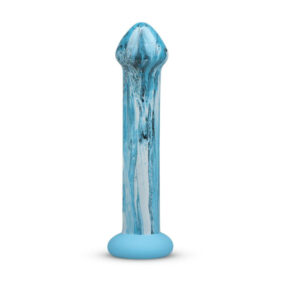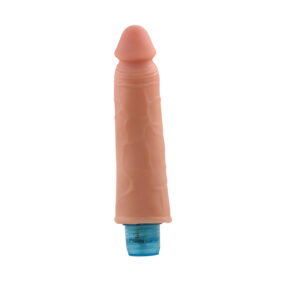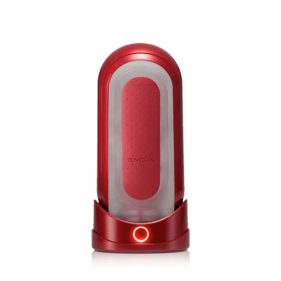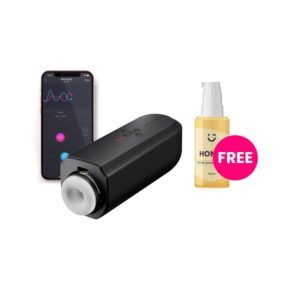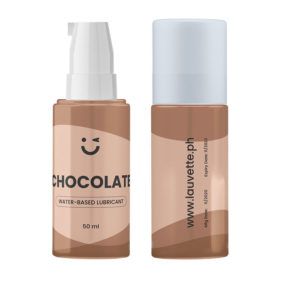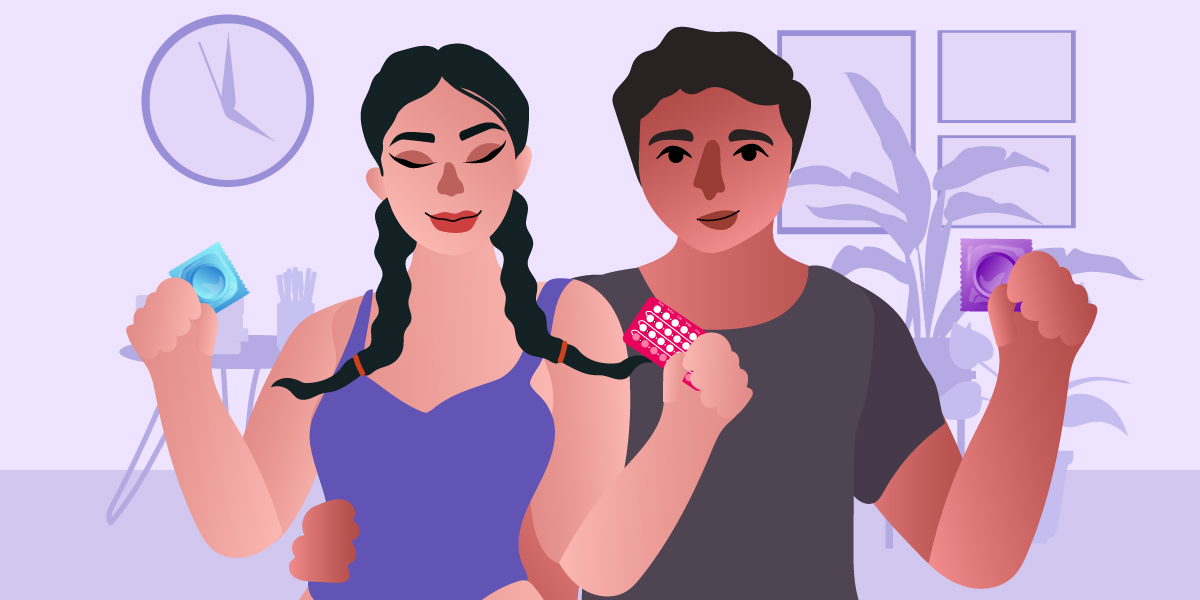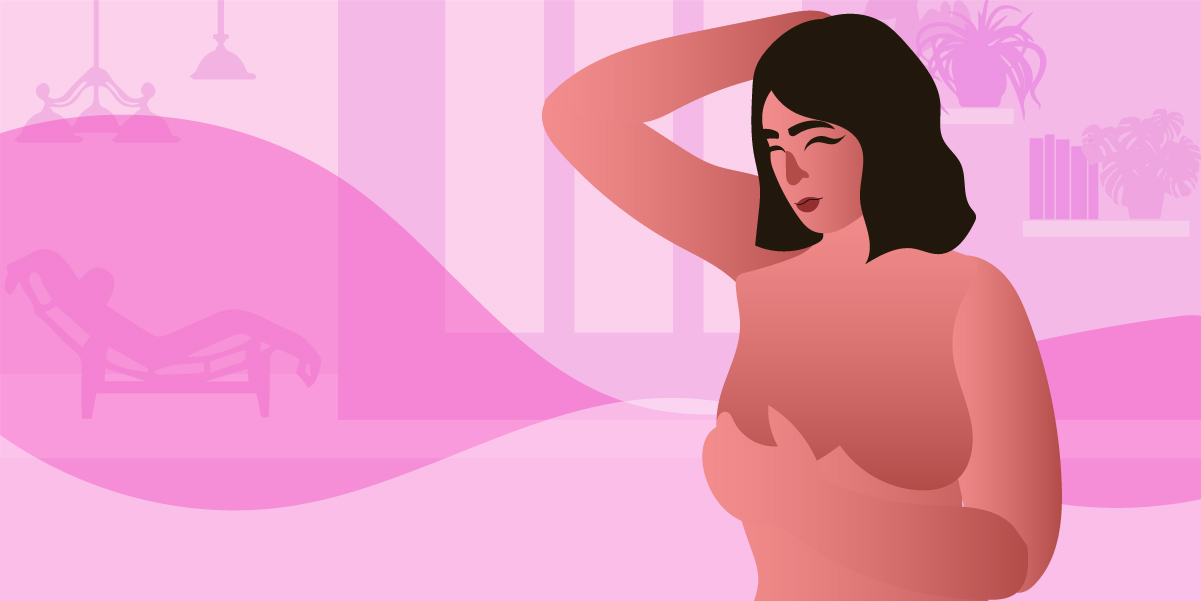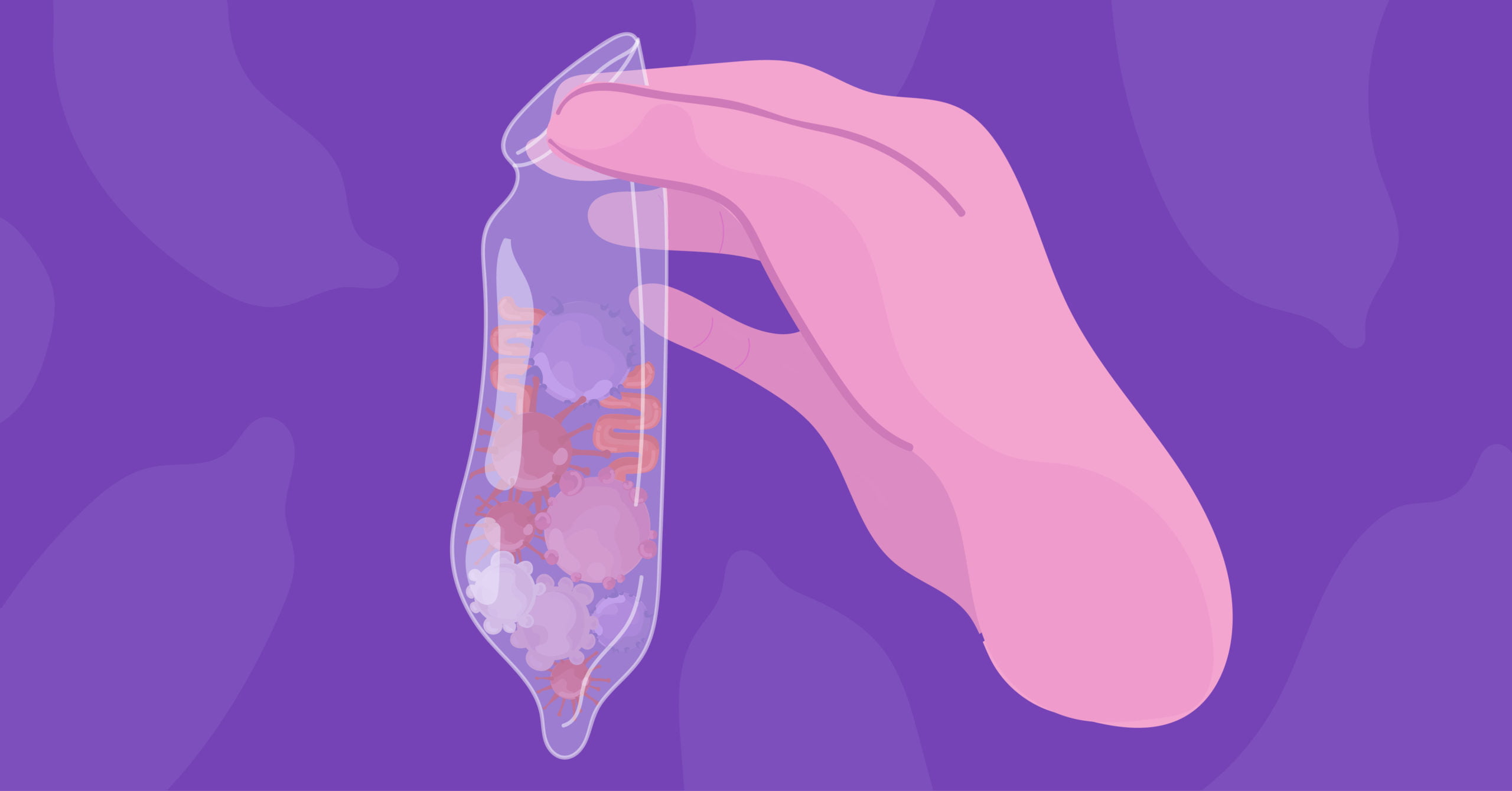
Sex is fun, but common STDs are not. It brings tons of health complications that can affect you, your partner, and your wallet.
However, despite its serious complications, STDs have been minimally discussed in our sex-ed classes. Due to the lack of information, people often end up engaging in unprotected sex, ignoring the initial symptoms or ended up shunning people that are infected with it.
But we’re here to clear things up. As we venture to modern times, you should also become more open to new learnings, especially if your health is on the line.
In line with STD Awareness Month, here are the 10 most common STDs that you should know. We will talk about its transmission, symptoms, and treatment. We will also have a brief section below about safe sex tips to keep yourself protected from this type of disease. But first, let’s discuss what STD is all about.
What is STD?
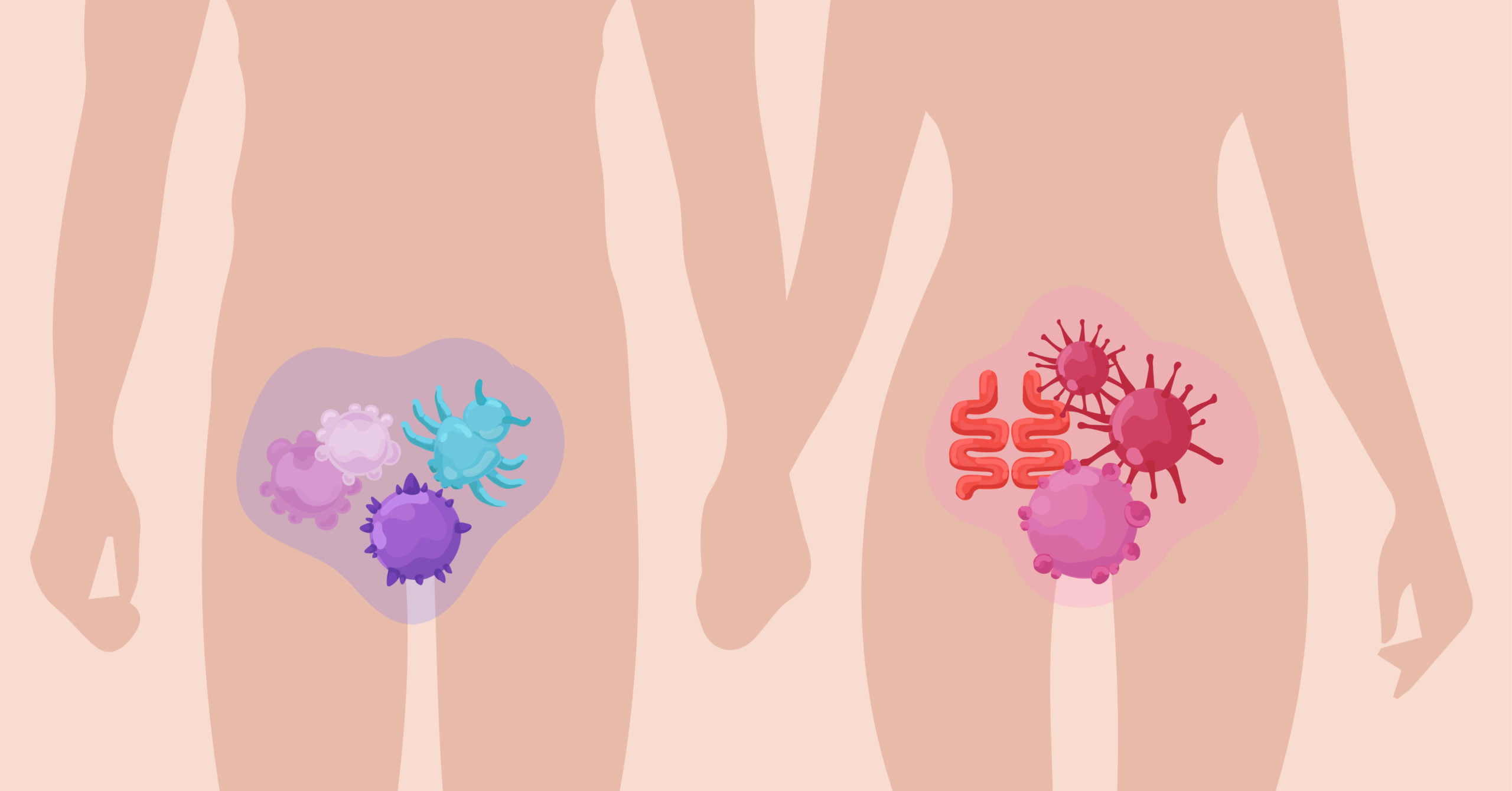
STD stands for Sexually Transmitted Diseases. This type of infection is transmitted, though not exclusively, through sexual activities—such as the following:
- Vaginal sex
- Anal sex
- Oral Sex
- Vulva-to-Vulva sex (Scissoring)
- Naked/Raw Dry Humping
Most STDs can be cured, while some go away on their own. On the other hand, some are incurable and stays permanently in the system– if left untreated, it may cause death to the infected individual.
This is why regular STD testing is the key. If you’ve detected it as soon as possible, you’ll be able to treat it or stop the growth of the bacteria in your system. You also need to be observant—check your body regularly and see if there are unusual sores, secretions, and other symptoms in your body.
10 Most Common STDs
Now that you’ve learned a brief refresher about STDs, let’s go to the main discussion. Here are 10 of the most common STDs. Learn about their transmission methods, symptoms, and treatment in this guide.
1Chlamydia
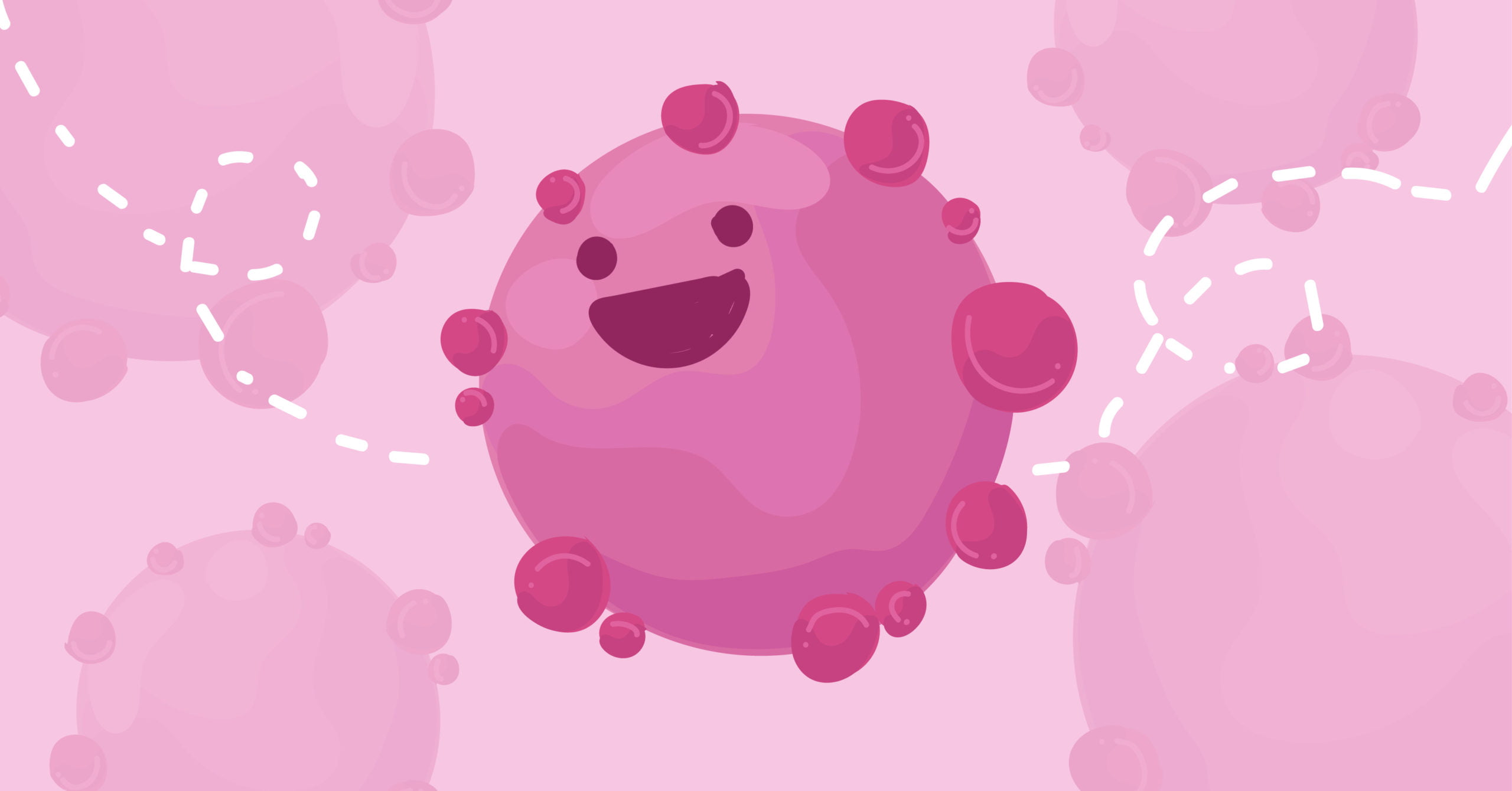
Starting off this list is one of the most common STDs, Chlamydia. It’s caused by certain bacteria that infects the vagina, cervix, fallopian tubes, anus, urethra, and throat. It’s transmitted through, vaginal, anal, and oral sex.
Aside from sexual contact, there are other non-sexual ways to get this STD. Newborn babies can also get chlamydia from their mothers during birth. Also, chlamydia infection in the eye can occur through oral or genital contact, but this case rarely happens.
Known as “The Silent Infection”, people that are infected with this STD may not experience symptoms at all. In fact, 90% of women and 70% of men experienced no signs of Chlamydia. However, if they do get symptoms, here’s what they usually experience:
Symptoms of Chlamydia
- Painful or burning sensation when urinating.
- Unusual discharge from your vagina or penis.
- Mucus discharge from the rectum.
- Pain in the lower abdomen.
- For women, pain, and bleeding during intercourse.
Treatment of Chlamydia
Just like the other common STDs on this list, chlamydia is treatable. Once you’ve been diagnosed with this disease, you will be prescribed antibiotics. Make sure to take the prescribed dosage within its instructed schedule to fully clear up the infection. It can take up to two weeks, depending on the severity of your case.
While undergoing treatment, having sex is prohibited. You may end up infecting someone or get infected again. Also, getting treated from this wouldn’t give you immunity from the infection. If you’ve engaged in sexual acts with someone that’s infected with this, you’ll surely end up getting Chlamydia again.
-
₱1,195.00
-
₱1,195.00
-
₱1,195.00
-
₱2,695.00
2Crabs/Pubic Lice
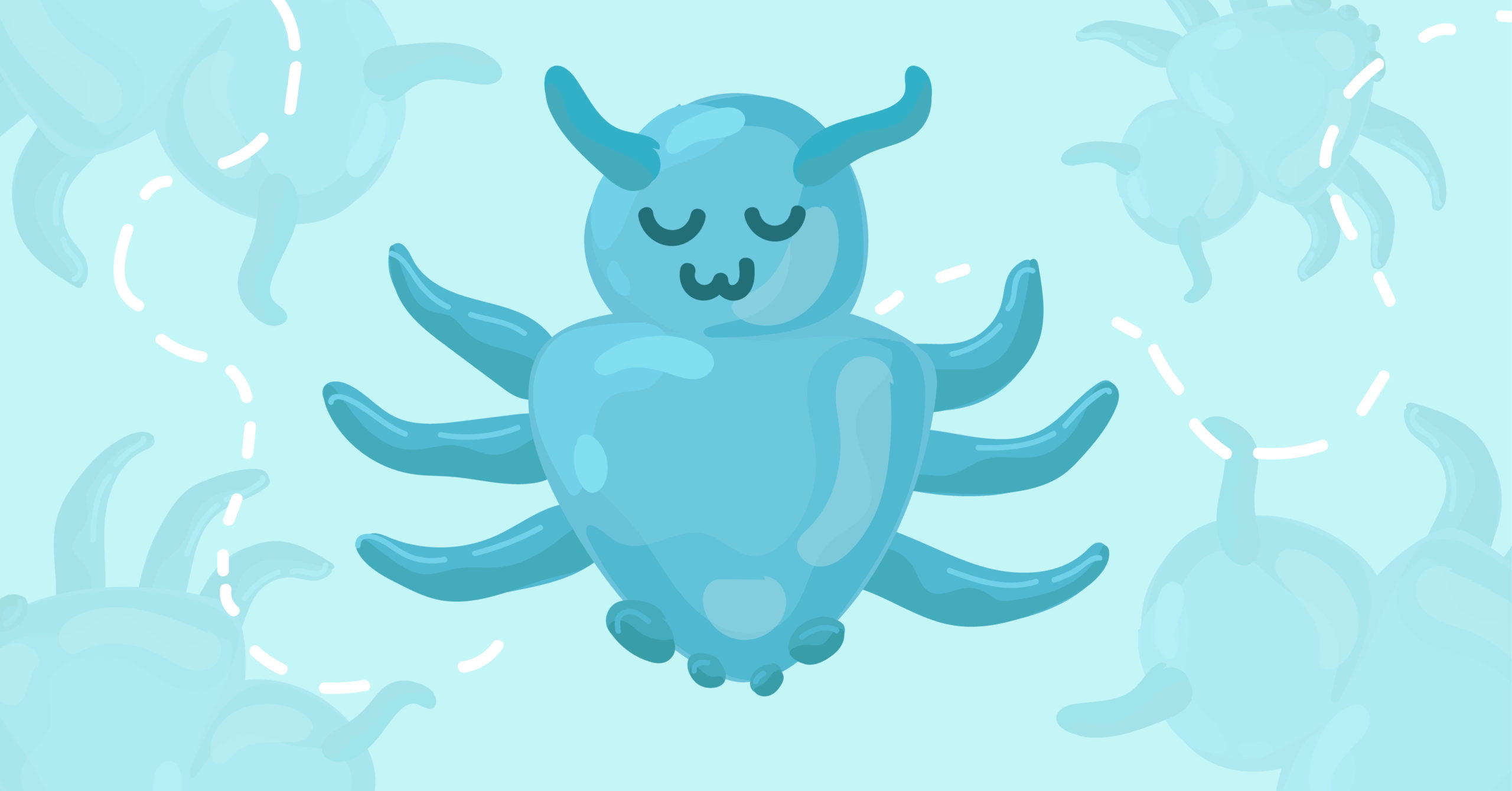
Yes, lice can exist in your pubic hairs, and it’s usually transmitted through sexual contact.
Pubic lice, also known as crabs, are tiny parasites that attach to the hair located near your genitals. Compared to other common STDs, they’re not harmful but annoying AF. You can get this through sexual intercourse, but in some rare cases, you can also get crabs from towels, blankets, and clothes that are infested with these bugs.
Symptoms of Pubic Lice
- Itching in your genital area
- Tan-colored or gray-colored bugs in your pubic area.
- Crab eggs sitting on the bottom part of your pubic hairs
- Dark bluish spots on your genitals—these are bite marks from the crabs
Treatment of Pubic Lice
You might think that you can remove pubic lice through shaving, but the treatment is not as simple as that. First, you need to decontaminate yourself.
Get some over-the-counter lotions and shampoos to remove the crabs from your pubic hair. Read the instructions carefully then start cleaning these pesky parasites. Once you’re done cleaning them with a specialized shampoo, you may remove leftover crab eggs with tweezers.
After doing the decontamination, you also need to clear up your personal items. Make sure to sanitize your underwear, clothes, and other garments that are in contact with the affected area. As for your partner, let him/her know about your condition and ask him/her to get some treatment too so you won’t re-infect each other.
3Genital Herpes
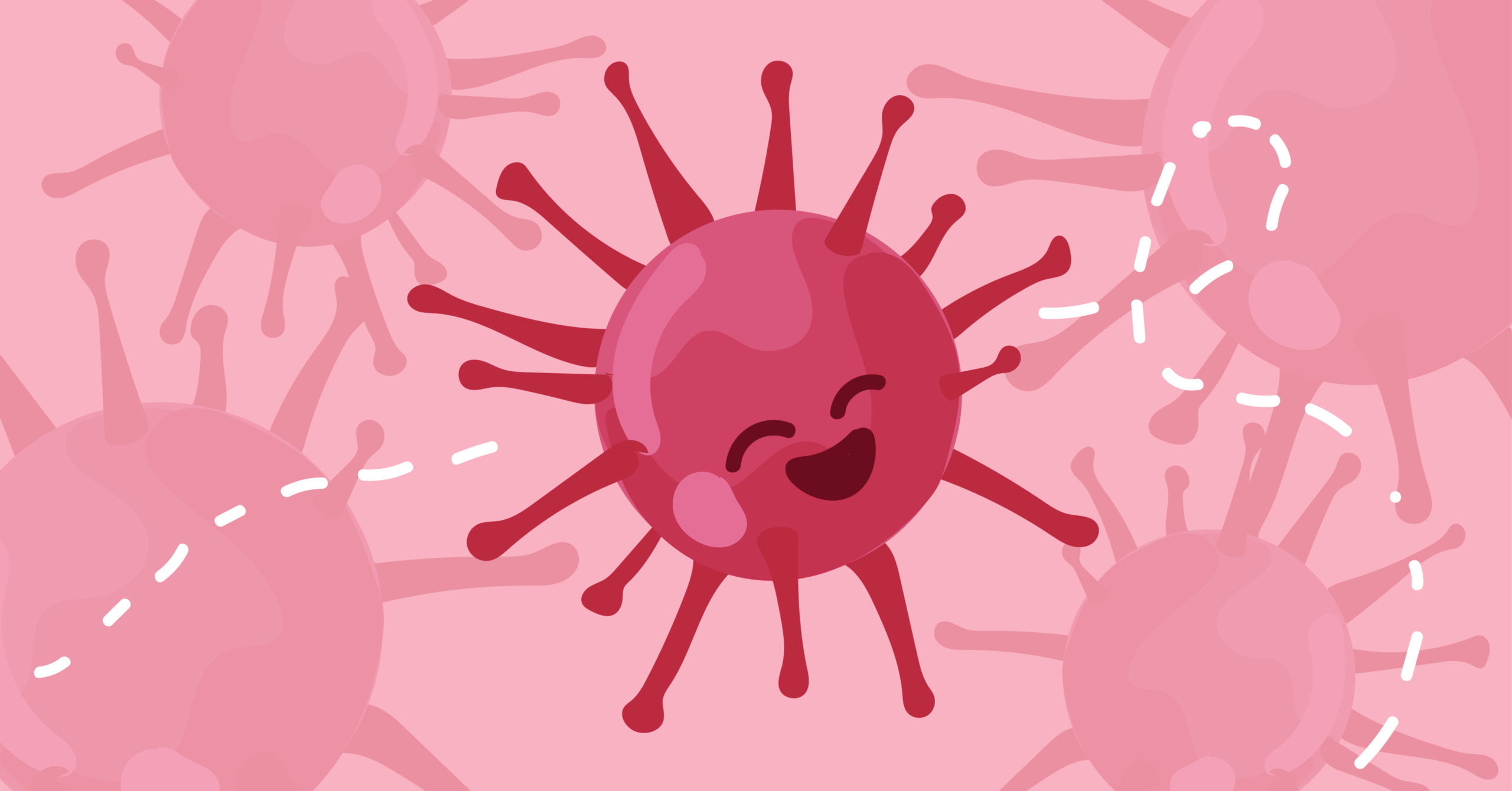
Genital herpes is a sexually-transmitted disease that causes painful blisters called herpetic sores. These blisters are filled with fluid, painful to touch, and can break open. It’s transmitted through vaginal, anal, and oral sex, but can also be passed on babies, in case their mother suffers from this disease.
Symptoms of Genital Herpes
- Small and painful blisters around your genitals, anus, or thighs, and mouth
- Pain when peeing
- Burning and itching feeling around your intimate area
- Unusual Discharge
Treatment of Genital Herpes
There’s no treatment for this infection. It usually clears up on its own but may return every now and then. However, there are medications that can alleviate the symptoms. Once you get a checkup, you’ll be prescribed antiviral medications, as well as a specialized cream to reduce the pain.
Be wary though, as this disease may lead to serious complications. You’ll increase your risk to get other sexually transmitted diseases, have bladder problems, and experience rectal inflammation (proctitis).
Also, if you’re pregnant, you must let your doctor know that you’re infected with this STD. Babies born from infected mothers can be exposed to the virus during delivery. Once infected, it may result in brain damage, blindness, or death.
4Gonorrhea
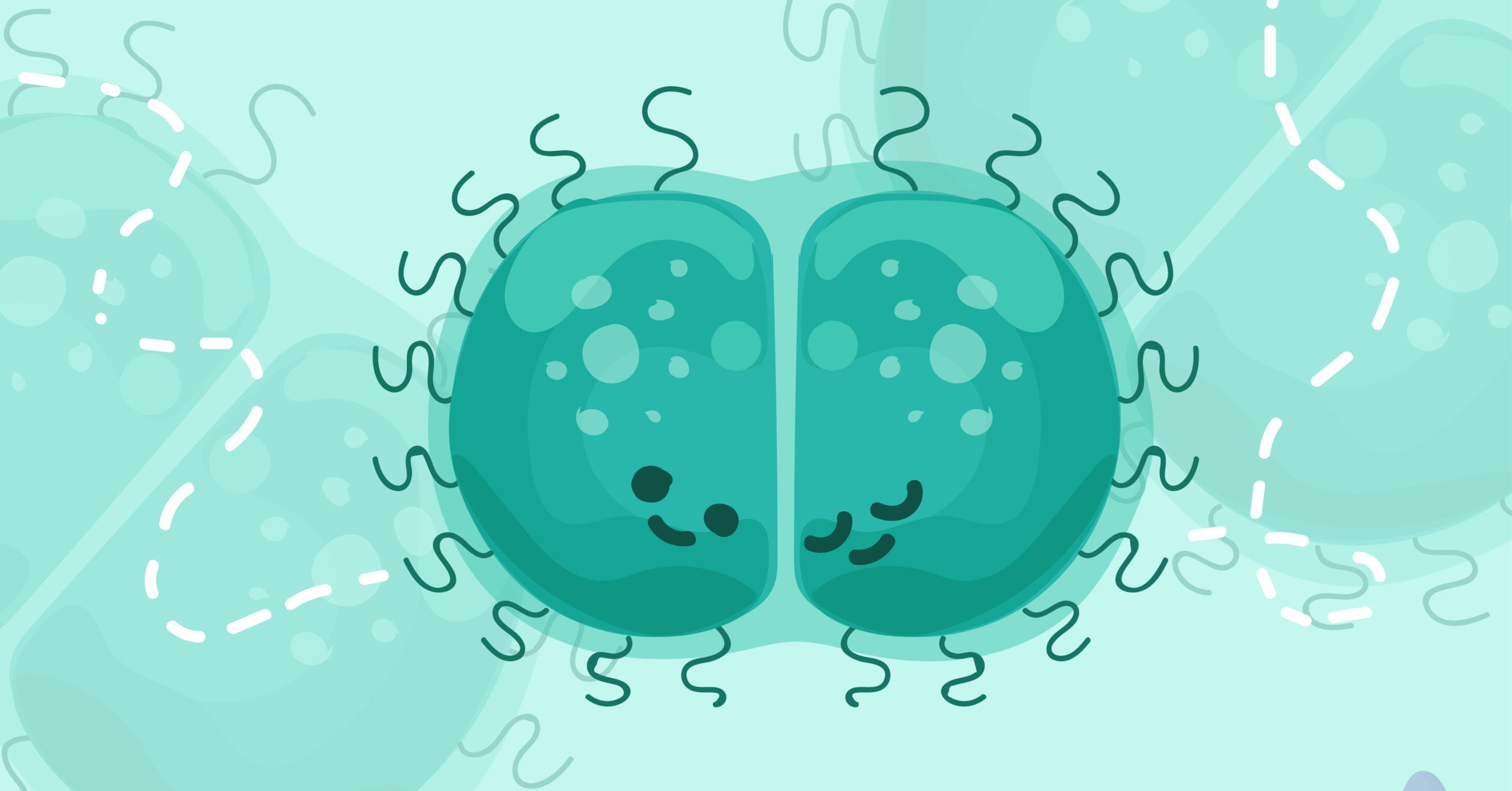
Gonorrhea, also known as The Clap, is caused by a sexually-transmitted bacterium, often affecting the urethra, rectum, throat, or cervix. Since the infection is carried in semen, pre-cum, and vaginal fluids, you can get infected through vaginal, anal, and oral sex.
Same with Chlamydia, this disease is treatable. However, getting treated is a challenge since most cases don’t show any signs at all. If there are no symptoms, the person wouldn’t get a checkup, not realizing he/she is putting him/herself to serious complications.
As for the other cases, here are the common symptoms people experience from this infection:
Symptoms of Gonorrhea
- Painful urination
- Abdominal or pelvic pain
- For women, increased vaginal discharge
- For men, pus-like discharge for your penis and pain in one testicle
Treatment of Gonorrhea
Just like the other common STDs on this list, Gonorrhea is treatable. Once you’ve been diagnosed with this disease, you will be prescribed antibiotics. Make sure to take the prescribed dosage within its instructed schedule to fully clear up the infection. It can take up to a few weeks, depending on the severity of your case. During the treatment, sex is out of the table.
If left untreated, it may lead to serious complications such as the following: Infertility, Increased risk on other STDs, and long-term pelvic pain.
If you’re pregnant, you must tell your baby that you’re infected with Gonorrhea. In this way, your doctor will do specific measures to carefully deliver your baby, such as going for C-section. Babies who will get infected with Gonorrhea during birth can develop sores on the scalp and blindness.
-
₱8,680.00
-
Original price was: ₱2,495.00.₱1,445.00Current price is: ₱1,445.00.
-
₱2,695.00
5Hepatitis B
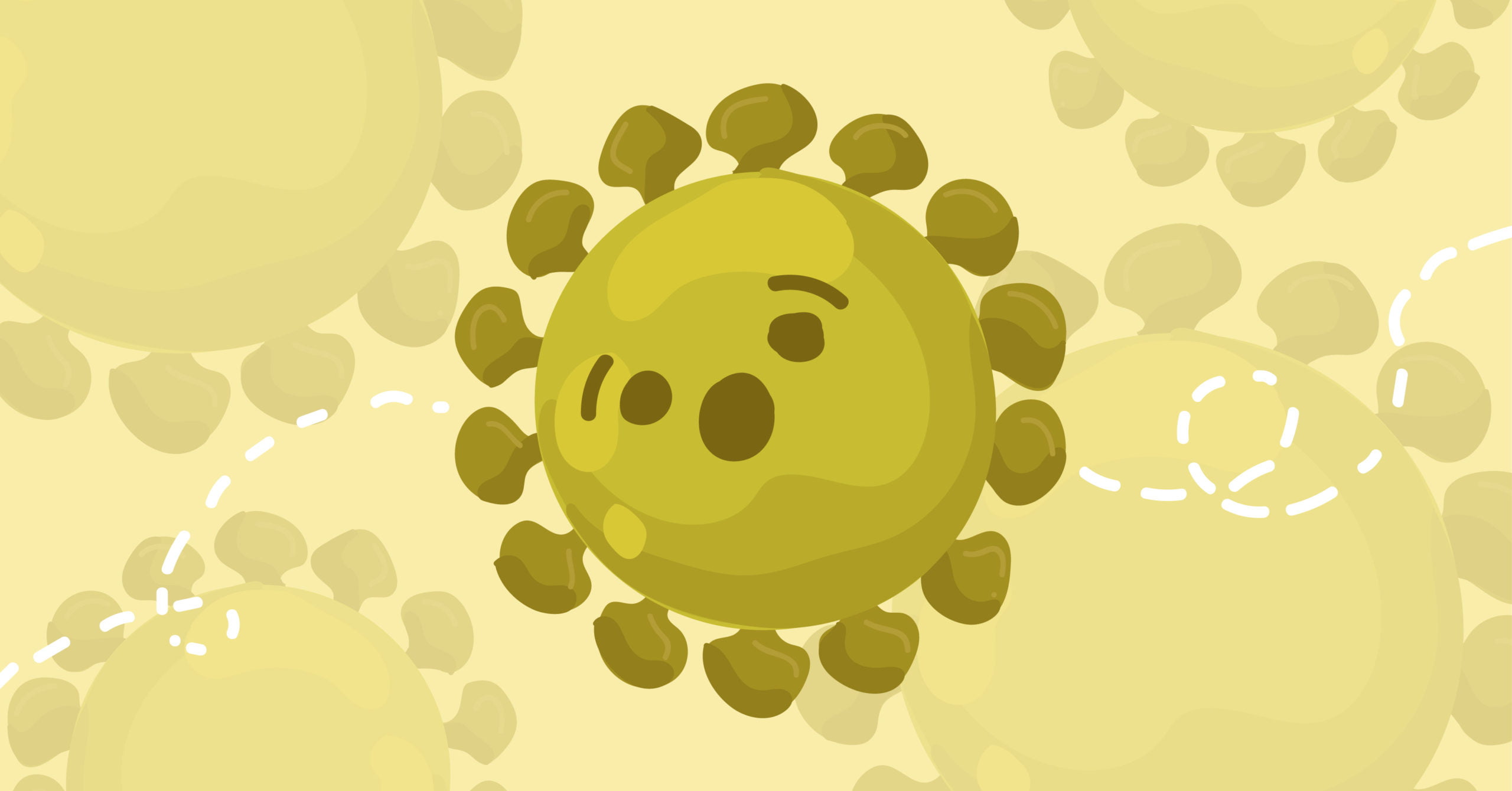
Hepatitis B is a sexually-transmitted infection that causes serious infection on the liver. Since the virus from this STD is found in blood, semen, and vaginal fluids, it can be transmitted through penetrative sex, non-penetrative sex such as oral sex, shared toothbrushes or razors and shared needles from an infected individual. It can also be passed to babies during delivery if their mom has it.
As for the symptoms, most cases don’t even experience any signs at all. And if they do experience symptoms, some are mistaking it for other illnesses such as the flu. Nonetheless, if you experience these symptoms below after a few weeks of unprotected sexual contact, get tested immediately.
Symptoms of Hepatitis B
- Tiredness
- Fever with body aches
- Headache
- Loss of weight
- Abdominal pain
- Dark-colored pee
- Jaundice (eyes and skin get yellow)
Treatment of Hepatitis B
Get tested first. A simple blood test will be conducted to know whether you have the virus. Additional tests may be given as well to assess the condition of your liver. Once confirmed, you will be prescribed with medications, depending on the severity of your condition.
However, there’s no solid cure for Hepatitis B. It usually goes away by itself in 4 to 8 weeks. If you have a strong immune system, you’re most likely to recover from this.
As for people with weak immune systems, they’ll most likely have a long-lasting Hepatitis B infection. They will be carriers and can spread this infection for the rest of their lives. They’ll also most likely end up with serious complications, such as liver cancer.
As for pregnant women, if you had unprotected sex in the past or are experiencing the symptoms above, take a screening as soon as possible.
-
₱15,545.00
-
Original price was: ₱4,045.00.₱3,640.50Current price is: ₱3,640.50.
-
₱6,045.00
-
₱10,720.00
6HIV/AIDS
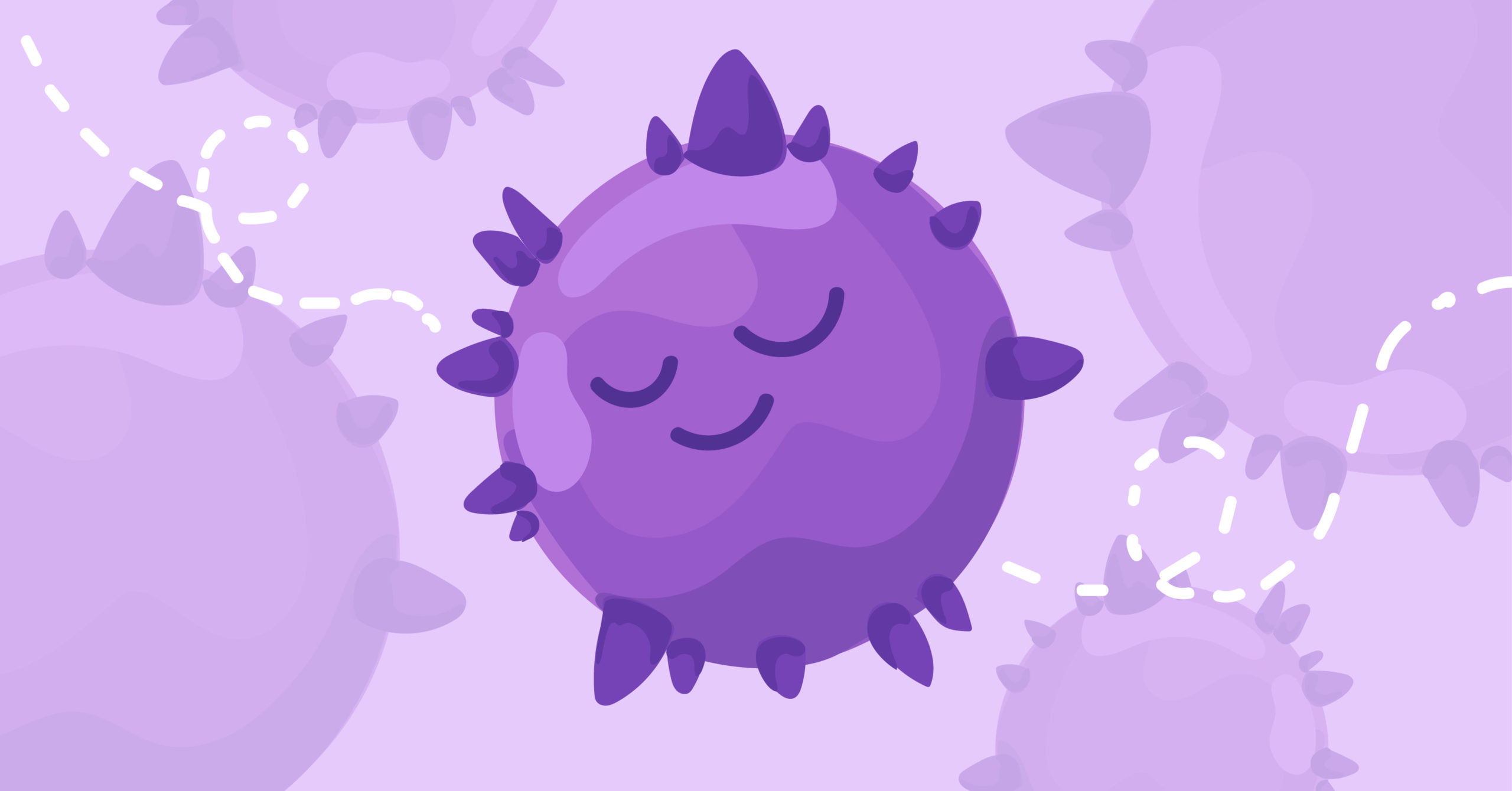
Among all the common STDs on this list, this one is probably the one you’re most familiar with.
HIV stands for Human Immunodeficiency Virus. It damages your immune system, particularly the CD4 cells that are meant to ward off the infections on your body. As the virus kills these helpful cells, you’ll be prone to serious infections and diseases.
It’s transmitted through bodily fluids such as blood, semen, vaginal fluids, rectal fluids, and breast milk. You can get it through vaginal or anal sex, sharing needles with an infected individual, and sharing tattoo equipment with an infected person. As for babies, if their mother is infected with HIV/AIDS, they’ll most likely to get infected with this disease.
On the other hand, AIDS stands for Acquired Immune Deficiency Syndrome. It’s a disease that develops in people in HIV and is considered its most advanced stage. Once diagnosed, the infected individual is expected to live until 3 years.
But don’t think HIV as a death sentence. HIV-positive people have still a chance to live a long and healthy life. As long as they’re taking proper medications, they wouldn’t acquire AIDS.
This is why early detection is the key. If you’re already experiencing some symptoms that are similar to the ones below, get screened as soon as possible.
Symptoms of HIV/AIDS
An infected individual must go through several phases, each with a different set of symptoms.
Stage 1: Acute HIV (Primary Infection)
You may experience these flu-like symptoms after 4-6 weeks of initial contact.
- Headache
- Sore throat
- Painful mouth sores
- Swollen lymph glands on the neck
- Cough
- Fever
- Night Sweats
- Muscle aches and joint pain
Stage 2: Chronic HIV (Clinical Latent Infection)
As for this stage, HIV is still present in the body and in your white blood cells. However, there are no symptoms for this stage. In this phase, the only way for you to find out that you have HIV is if you did an HIV screening.
Stage 3: Symptomatic HIV Infection
As the virus continues to destroy your immune cells, you may develop some mild symptoms such as the following:
- Fatigue
- Fever
- Diarrhea
- Oral Yeast Infection (Thrush)
- Shingles
- Weight Loss
- Pneumonia
Stage 4: AIDS
If your HIV infection is left untreated, you will eventually end up with AIDS. Once this occurs, your immune system is completely damaged and you may end up with serious diseases. Here are the symptoms when reaching this stage.
- Night sweats
- Chills
- Recurring fever
- Persistent Fatigue
- Swollen Lymph Glands
- Chronic Diarrhea
- Skin Rashes
- Weight Loss
Treatment of HIV
First, you need to get tested. If you’re not comfortable talking about it with your personal doctor, you can contact sexual health organizations such as LoveYourself and get tested there.
Once diagnosed with HIV, you’ll be prescribed antiretroviral therapy. For this treatment, you’ll be taking a combination of medications that stop the virus from reproducing. If you keep doing this treatment every day, you’ll reduce the risk of transmitting HIV to others, as well as preventing the infection to progress in advanced stages.
7Human Papillomavirus (HPV)
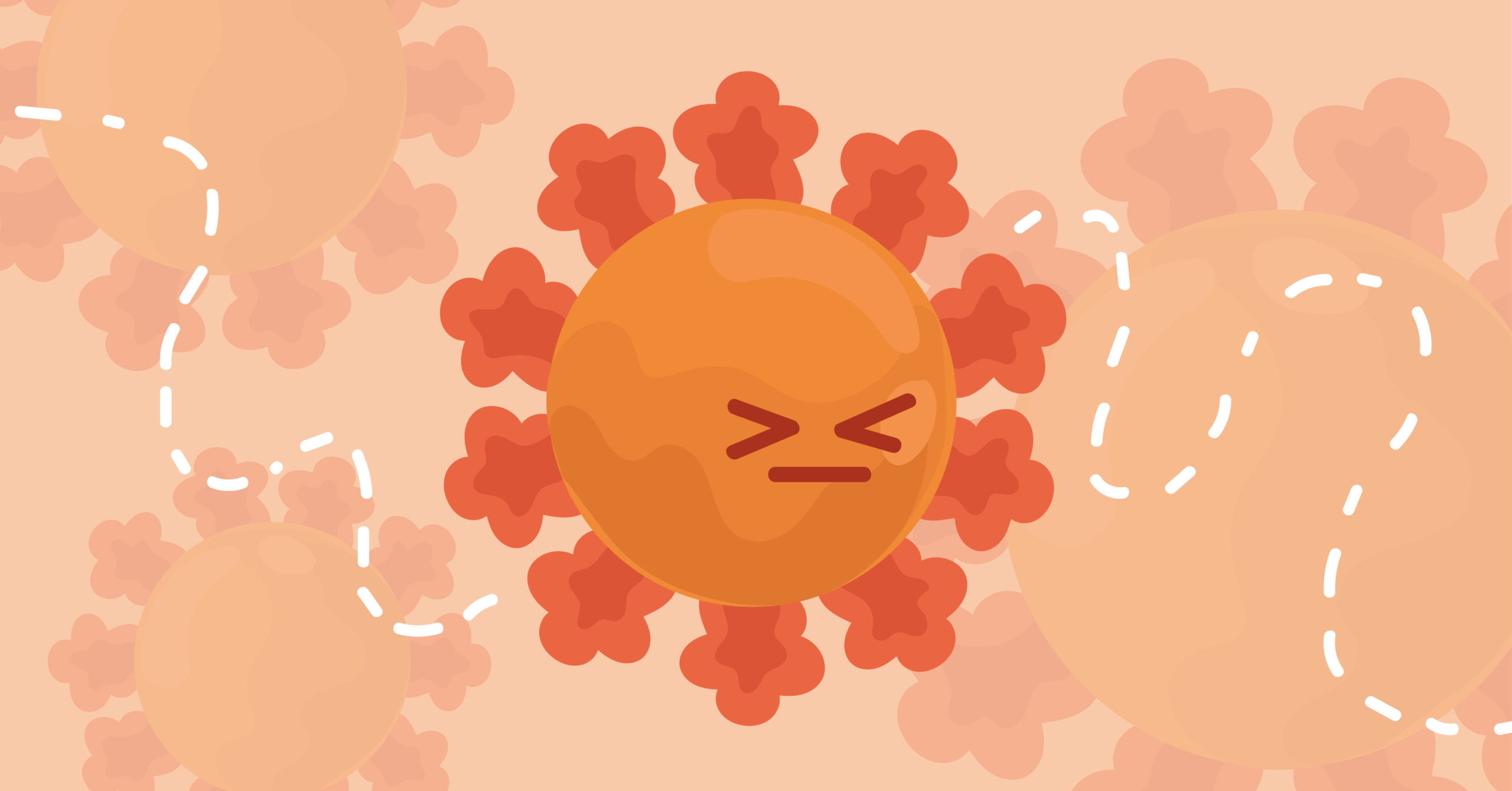
HPV, which stands for Human Papillomavirus, is a viral infection that’s passed through skin-to-skin contact. According to the Centers for Disease Control and Prevention, it’s one of the most common STDs due to its easy-to-transmit nature. It can be transmitted through vaginal, anal, and oral sex. You can also get this from raw/naked dry humping.
Symptoms of HPV
There are no symptoms. The only way for you to find out about this infection is through regular checkups or if the infection has already caused serious health complications.
Treatment of HPV
There’s no treatment for this infection, as most HPV infections get cleared up on their own. However, if the infection has caused serious health problems, you need to consult on your doctor for further procedures and medications.
8Lymphogranuloma Venereum (LGV)
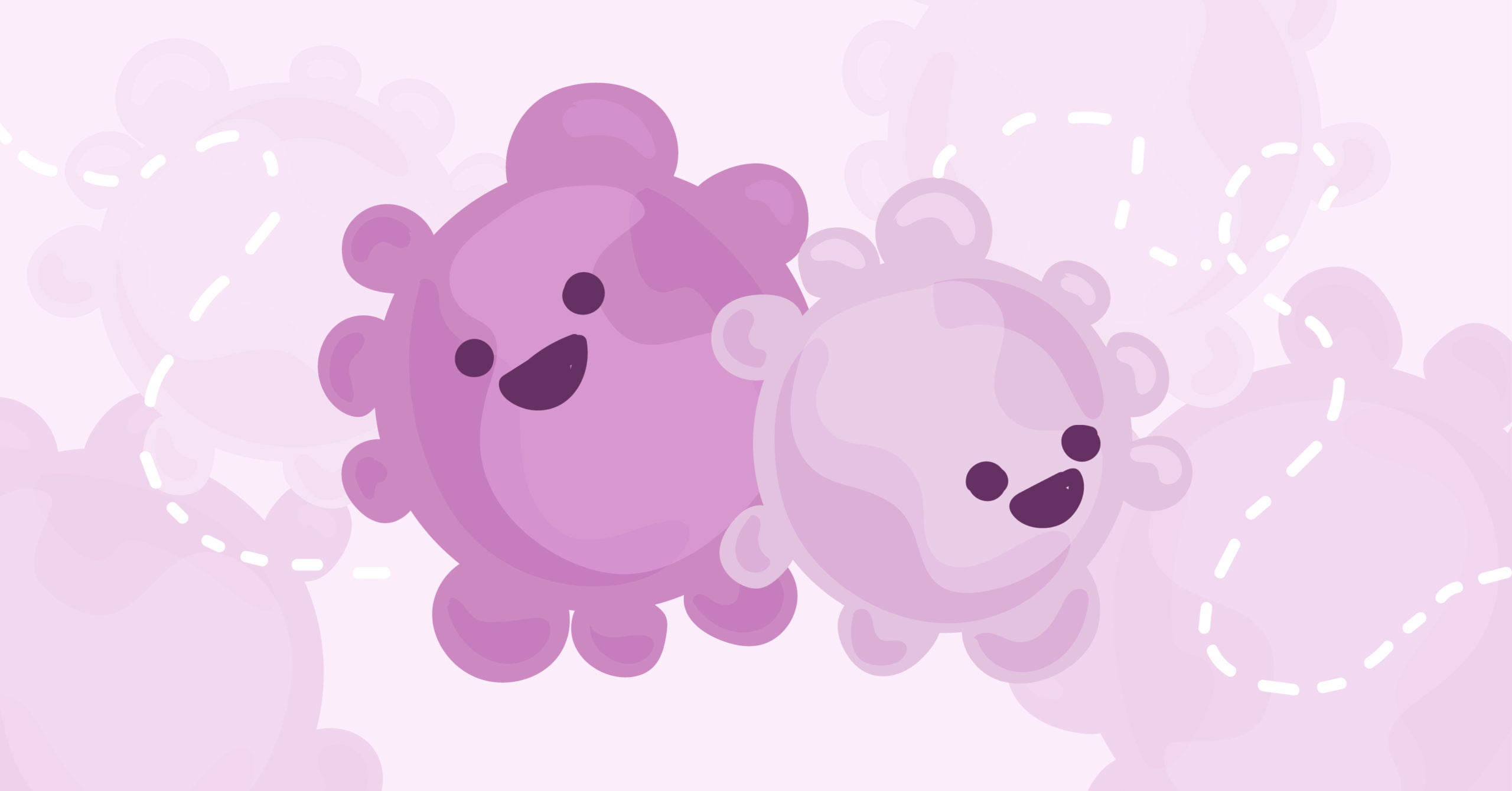
LGV, which stands for Lymphogranuloma Venereum, is a sexually transmitted infection that’s caused by a type of bacteria that can also be found in Chlamydia. It attacks the lymph nodes, one of the parts that are responsible for defending your body from infections. It’s transmitted through vaginal and anal sex, but in some cases, it can also be spread through by sharing sex toys with an infected individual.
Symptoms of LGV
- Fever and chills
- Sore muscles and joints
- Discharge of blood or mucus from the anus
- Constipation
- Diarrhea
- Stomach pain
- Weight loss
Treatment of LGV
Just like the other common STDs on this list, LGV is treatable. Once you’ve been diagnosed with this disease, you will be prescribed with medications, depending on the severity of your case. Make sure to take the prescribed dosage within its instructed schedule to fully clear up the infection. Also, while undergoing treatment, having sex is prohibited.
-
₱1,910.00
-
₱784.00
-
₱2,455.00
-
₱1,745.00
9Syphilis
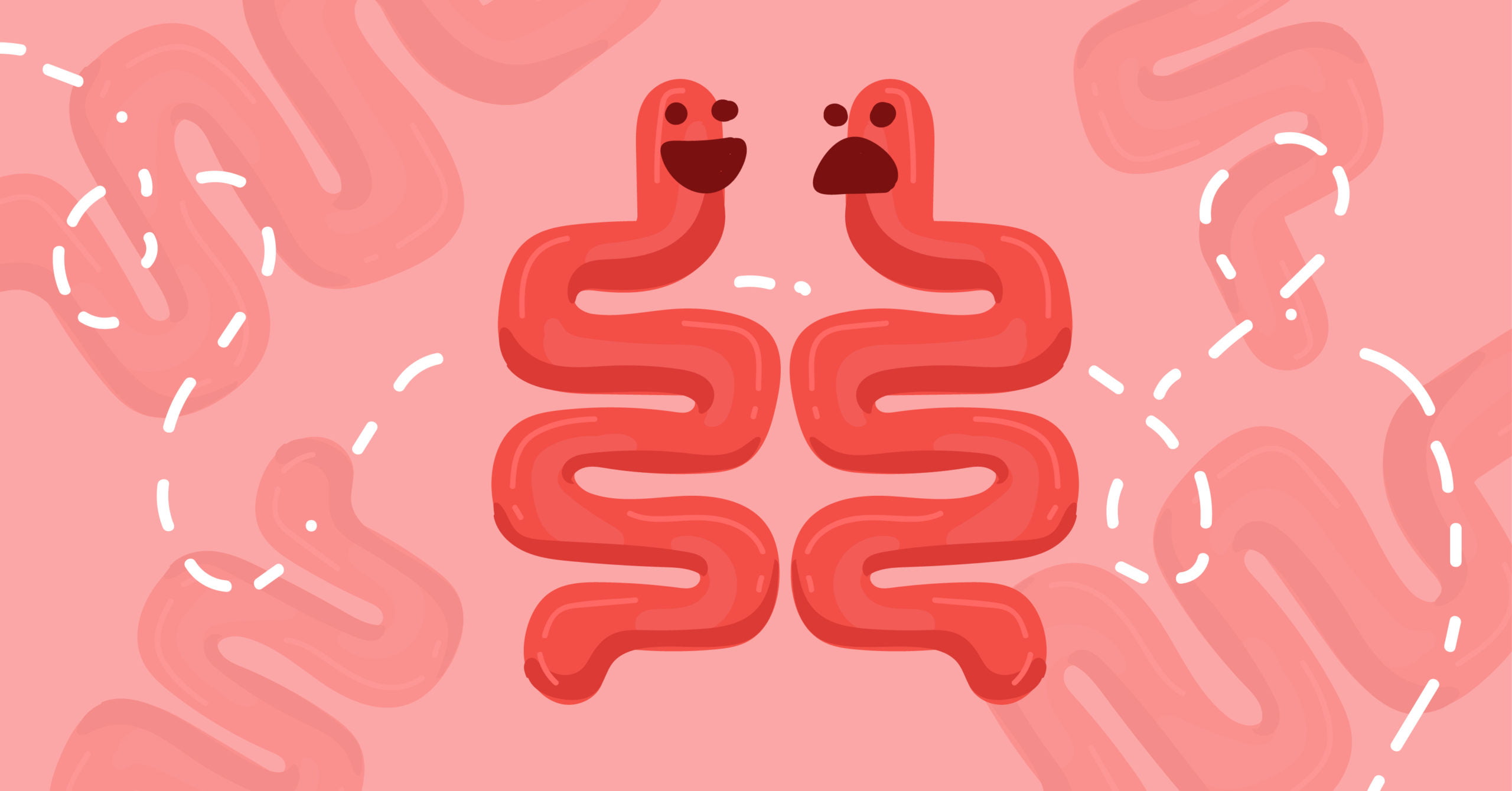
Noticing some sores around your penis, vagina, anus, rectum, lips or mouth? This could be a sign of Syphilis, a sexually transmitted disease that is caused by a bacteria called Treponema pallidum. If you left this disease untreated, it can lead to serious long-term health problems such as brain damage or blindness. With this, it’s best to detect it as soon as possible.
If you’re experiencing the symptoms below, make sure to get screened immediately.
Symptoms of Syphilis
Similar to HIV, an infected will undergo several stages, each with a different set of symptoms.
- Stage 1: You’ll notice a growth of single or multiple sores in your vagina, penis, anus, rectum, lips, or mouth.
- Stage 2: You’ll get some skin rashes and mucous membrane lesions around your mouth, vagina, and anus. You may also experience fever, muscle aches, fatigue, patchy hair loss, sore throat, and headache.
- Stage 3 (Latent Stage): There are no visible symptoms during this stage, but syphilis continues to penetrate your system.
- Stage 4 (Tertiary Stage): If the infection is left untreated after the three stages, serious complications will occur. In this stage, the disease will damage your internal organs, possibly resulting in death.
Treatment of Syphilis
Similar to other common STDs on the list, the disease is curable during its early stages. Once you’ve been diagnosed with this disease, you will be prescribed antibiotics. Make sure to take the prescribed dosage within its instructed schedule to fully clear up the infection.
10Trichomoniasis
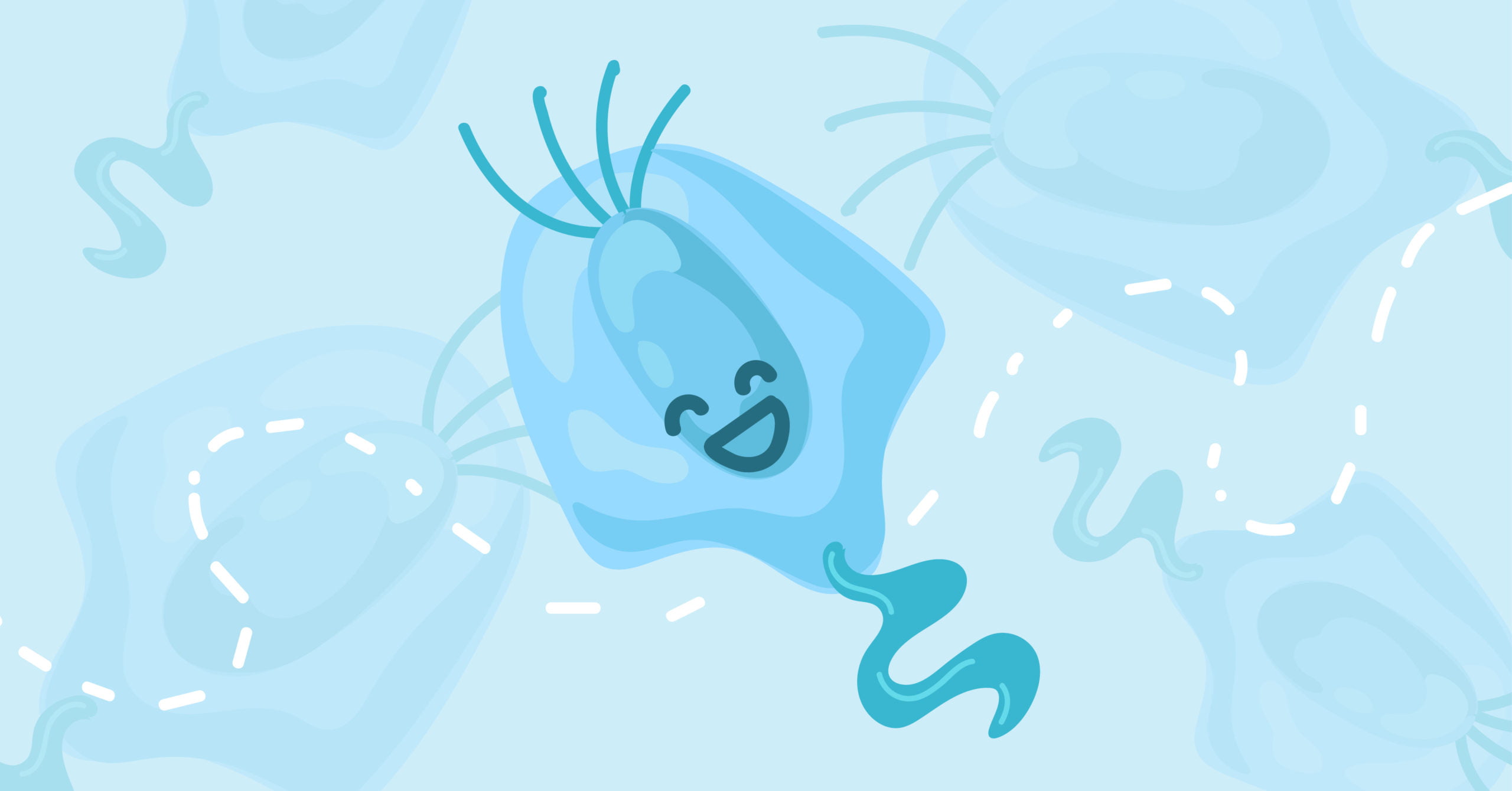
Also known as Trich, Trichomoniasis is a sexually transmitted disease caused by a protozoan parasite named Trichomonas vaginalis. You might get this from unprotected anal or vaginal sex. It can also be transmitted through vulva-to-vulva contact and by sharing sex toys with an infected individual.
Symptoms of Trichomoniasis
- Painful urination
- Unusual discharge—it may look white, gray, yellow or green and has an unpleasant smell to it.
- Itching and swelling around your genitals
- Pain during intercourse
Treatment of Trichomoniasis
Just like the other common STDs on this list, Trich is treatable. Once you’ve been diagnosed with this disease, you will be prescribed with medications such as metronidazole or tinidazole. Make sure to take the prescribed dosage within its instructed schedule to fully clear up the infection. As for the duration of the treatment, this depends on the severity of your case.
-
₱150.00
-
₱150.00
-
₱150.00
-
₱150.00
Common STDs Prevention Tips
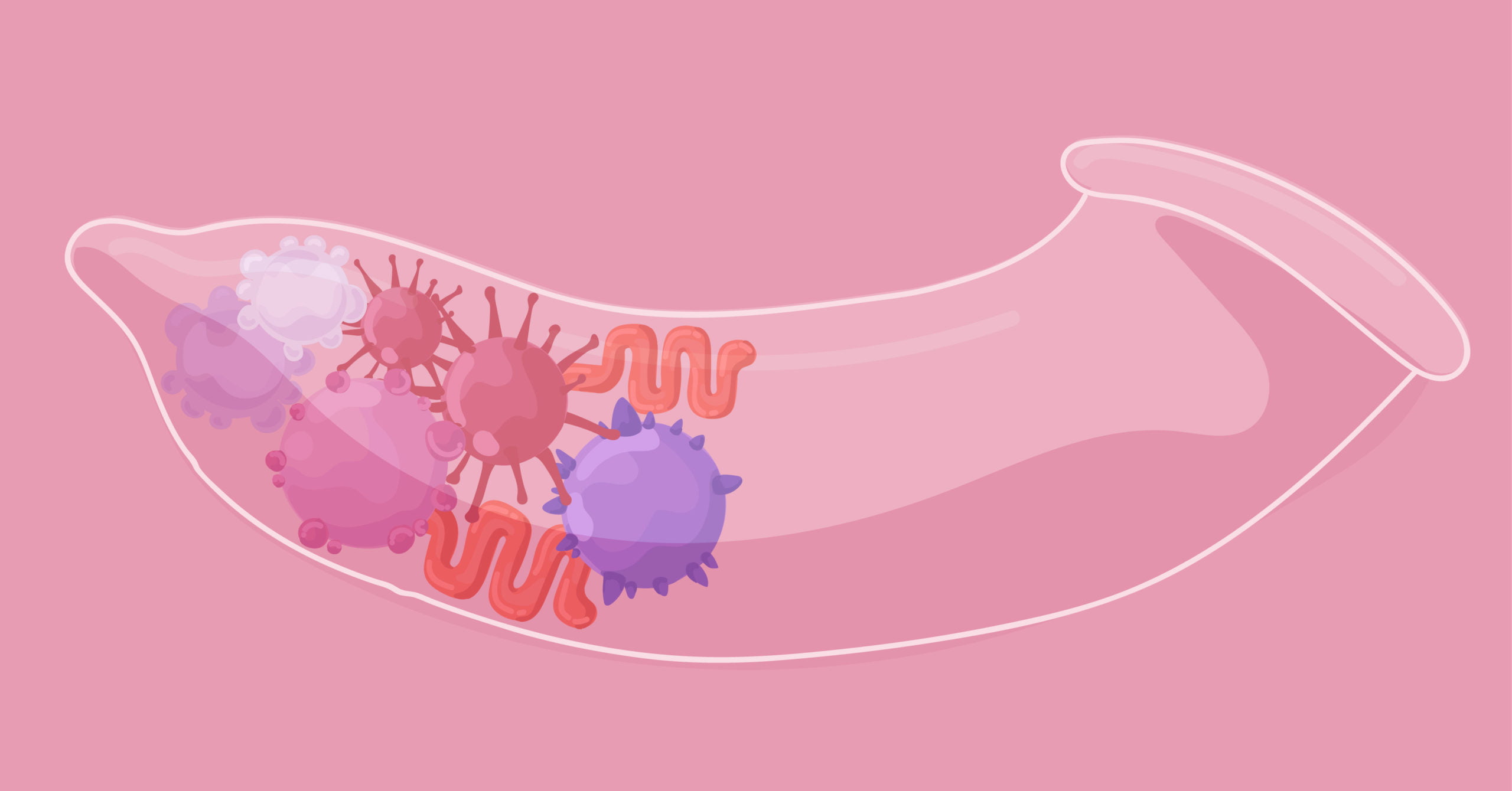
Prevention is better than cure! By doing the necessary preventive measures, you’ll save your health as well as your money from costly treatments.
To keep yourself protected from these sexually transmitted diseases, here are some of the safe sex tips that you should follow.
- Make sure to communicate with your partner about each other’s sexual history.
- Use protection, such as condoms, in every sexual encounter.
- Limit the number of your partners.
- Keep yourself sober and sane during sex.
- Always clean and disinfect your sex toys before and after using it.
- Choose responsible partners.
- Try low-risk sexual activities, such as BDSM plays, roleplaying, and non-penetrative acts such as mutual masturbation.
- Join local and online communities that fight against STDs.
- Get tested regularly, even if you’re using protection. Even though contraceptives are efficient in protecting you from these infections, it’s still better to get screened regularly. If you feel intimidated by consulting your doctor about this, you may go to sexual health clinics across the metro such as LoveYourself.
Fun Fact: LoveYourself is a community of volunteers who provides HIV testing, counseling, and treatment. Lauvette is on of the partners of LoveYourself that contribute and help to the efforts of said organization.
For more details about these STD prevention tips, we suggest you check out our safe sex tips article.
Takeaway
Life is short—don’t stop yourself from experiencing the earthly pleasures of sex. But for the love of your life, don’t make it shorter by being irresponsible.
Instead of having a YOLO attitude and just see where everything goes, become responsible when it comes to your sexcapades. Back yourself up with knowledge about sexual health, as well as options that could protect you from complicated mishaps. Don’t let STDs take your life and savings away.
Keep those safe sexcapades coming!
-
₱950.00
-
₱1,499.00
-
₱8,680.00
-
₱950.00









